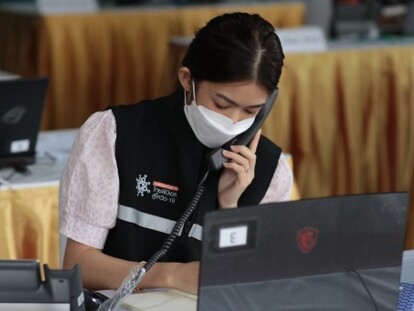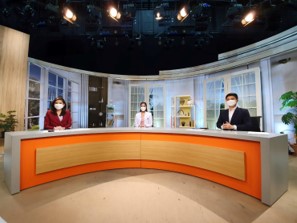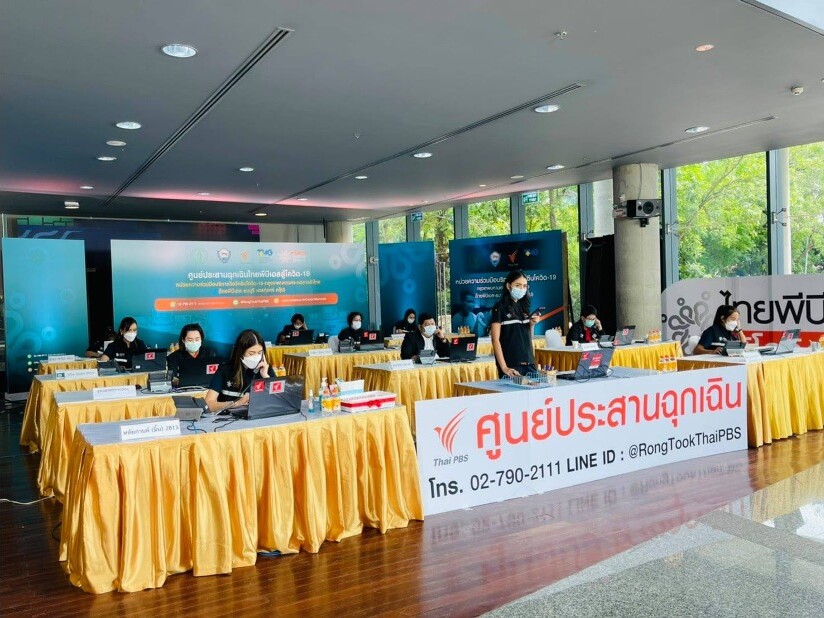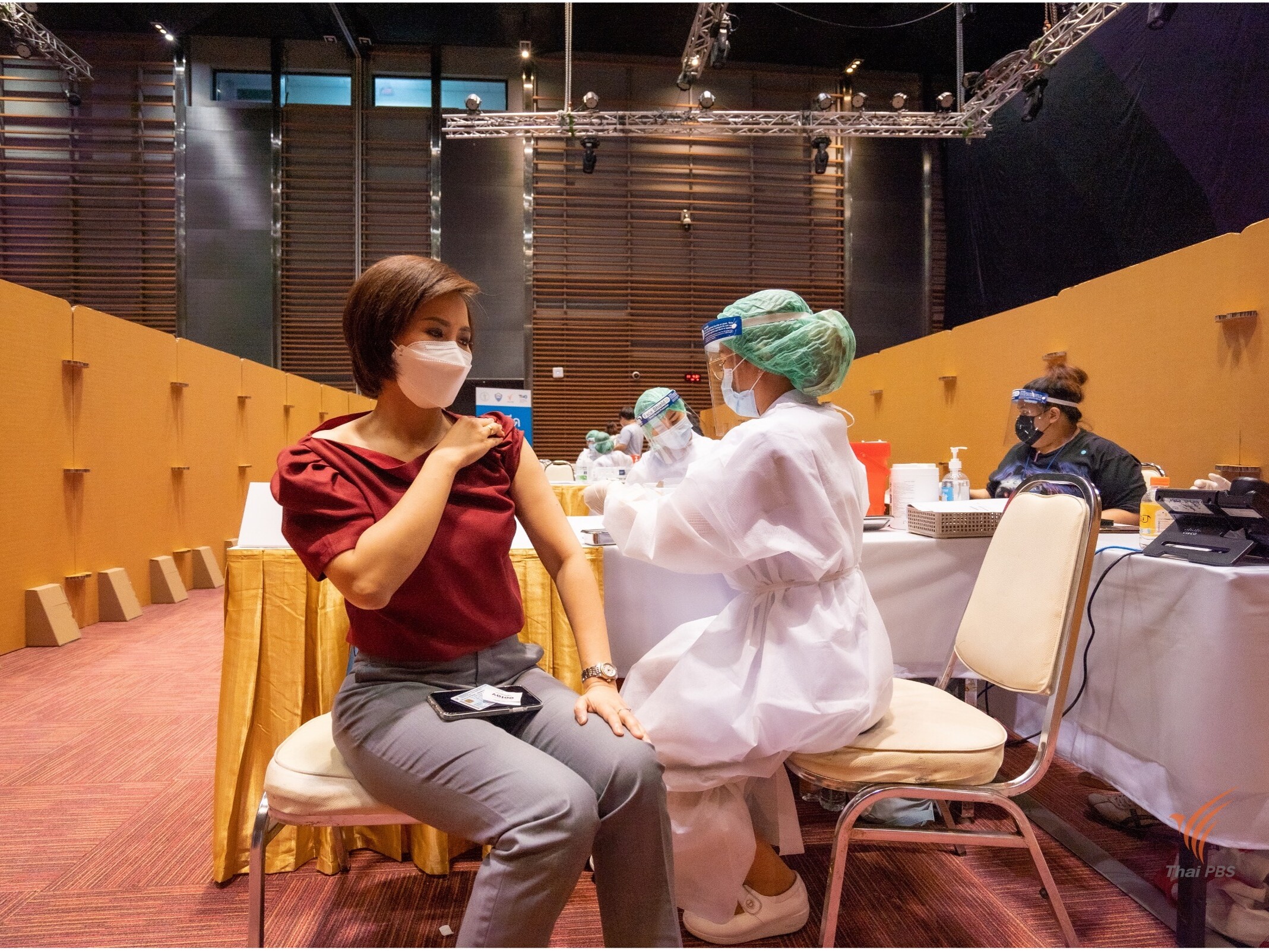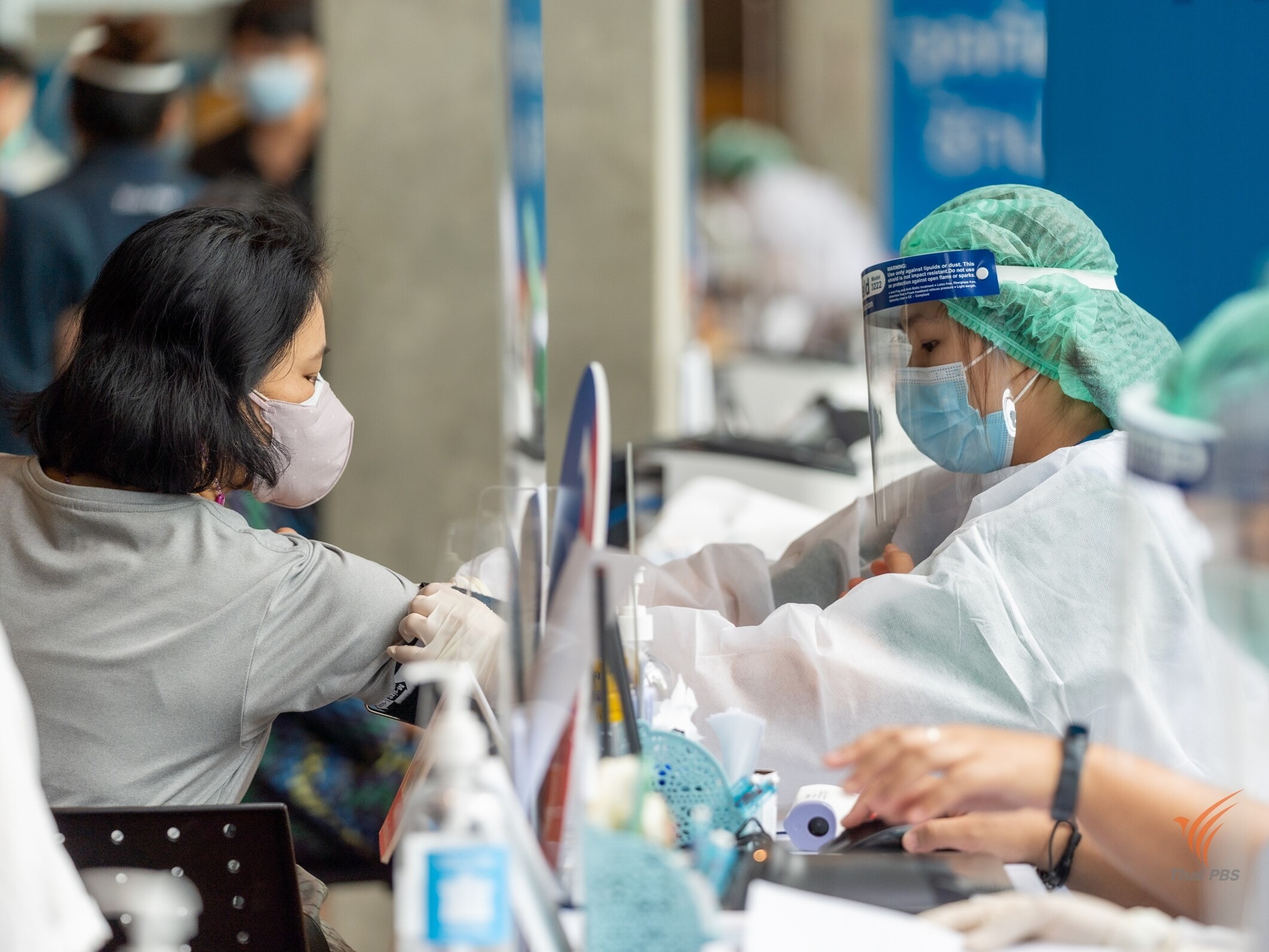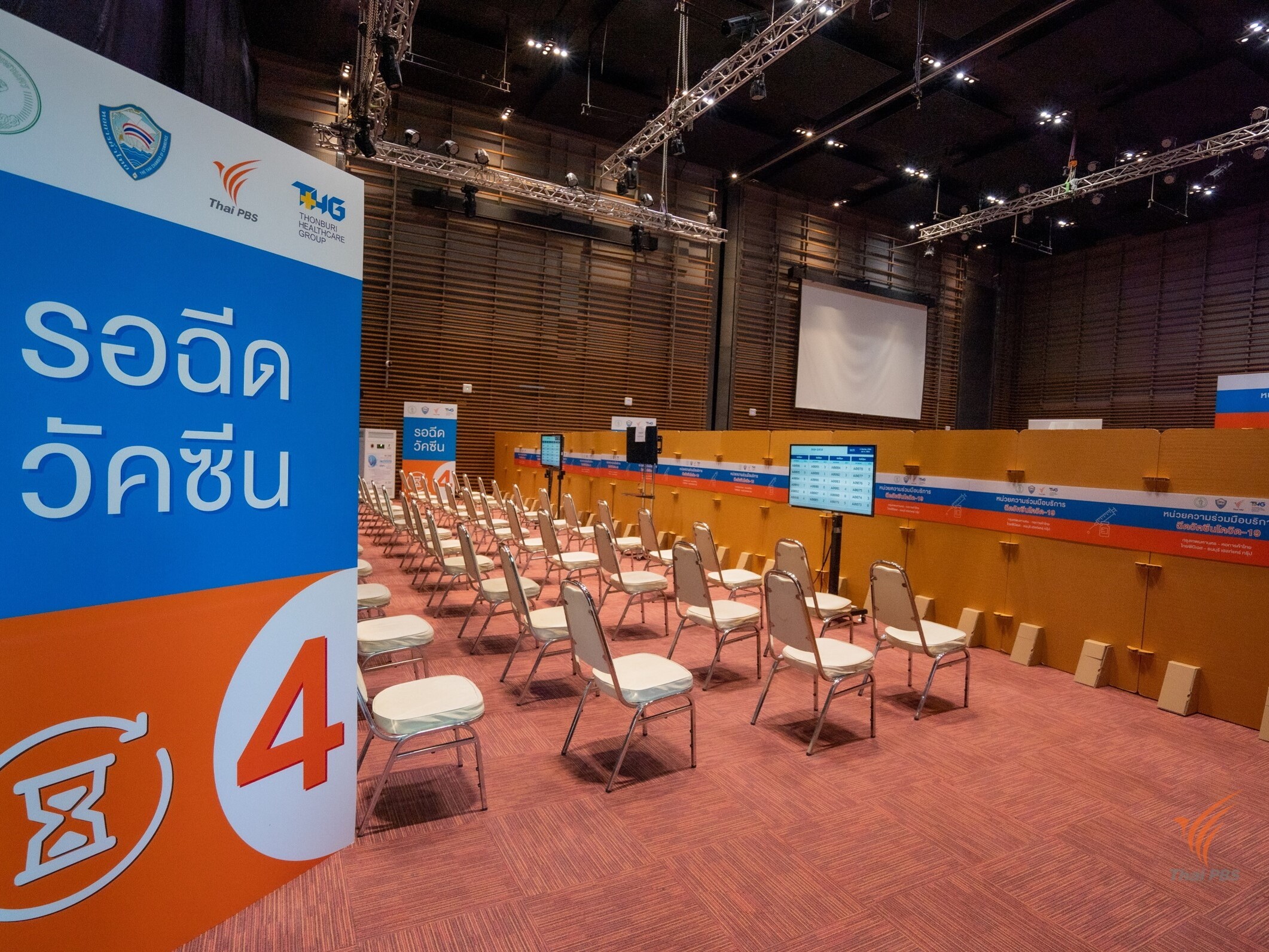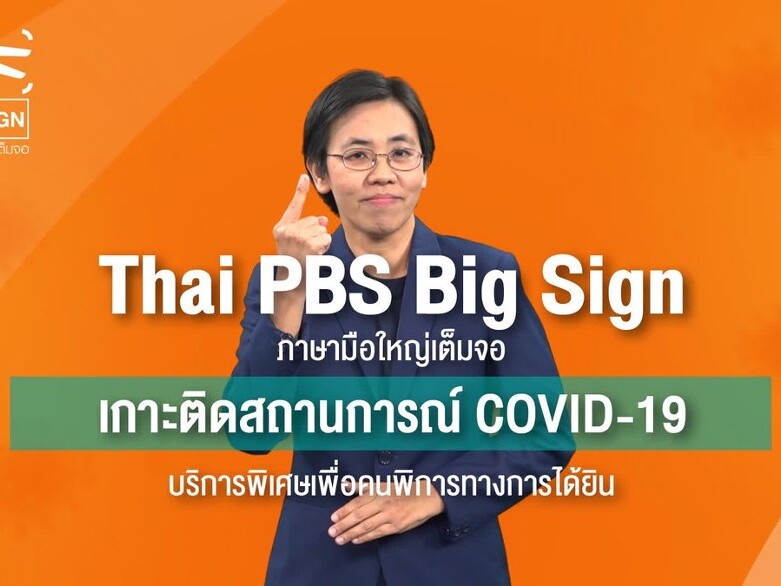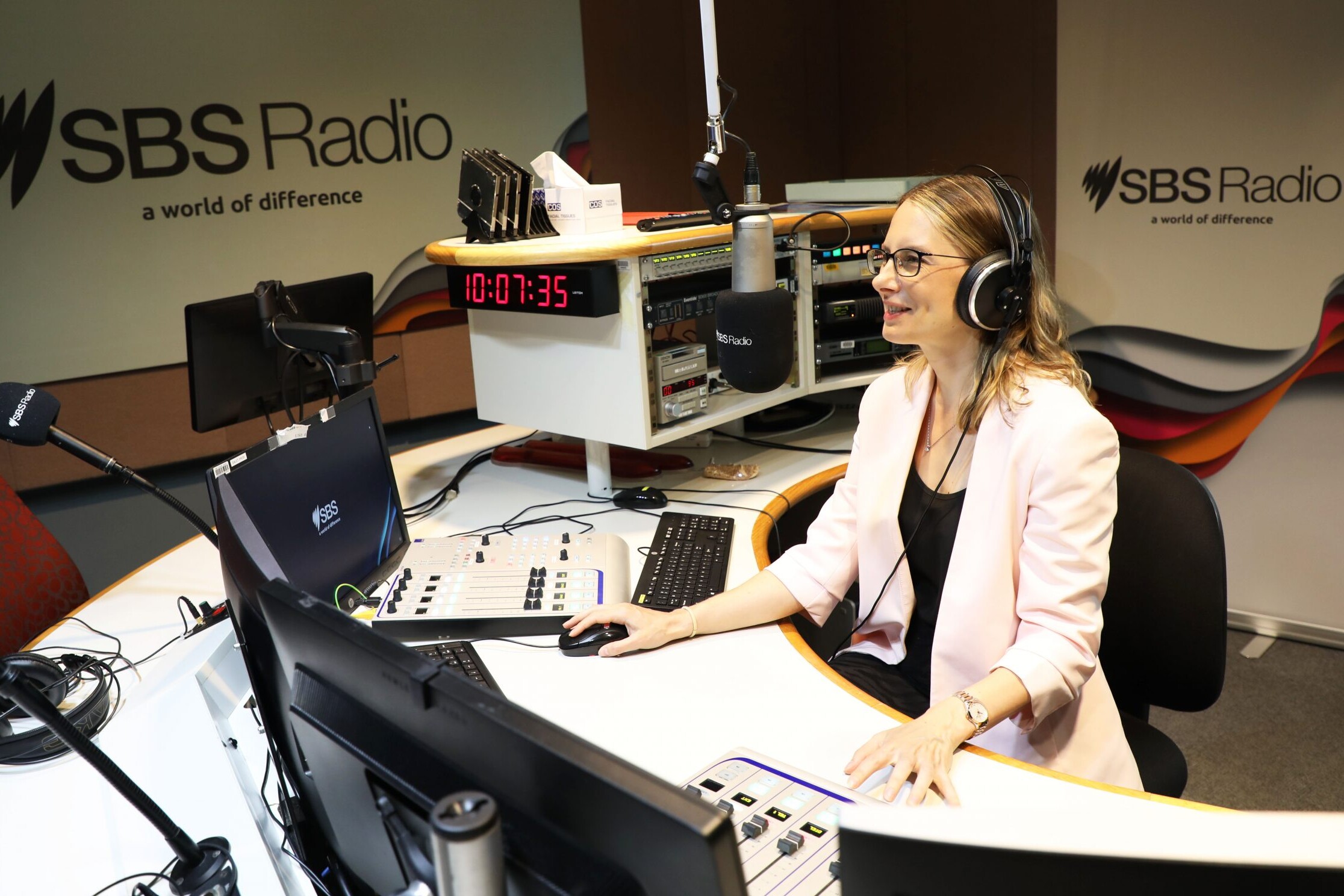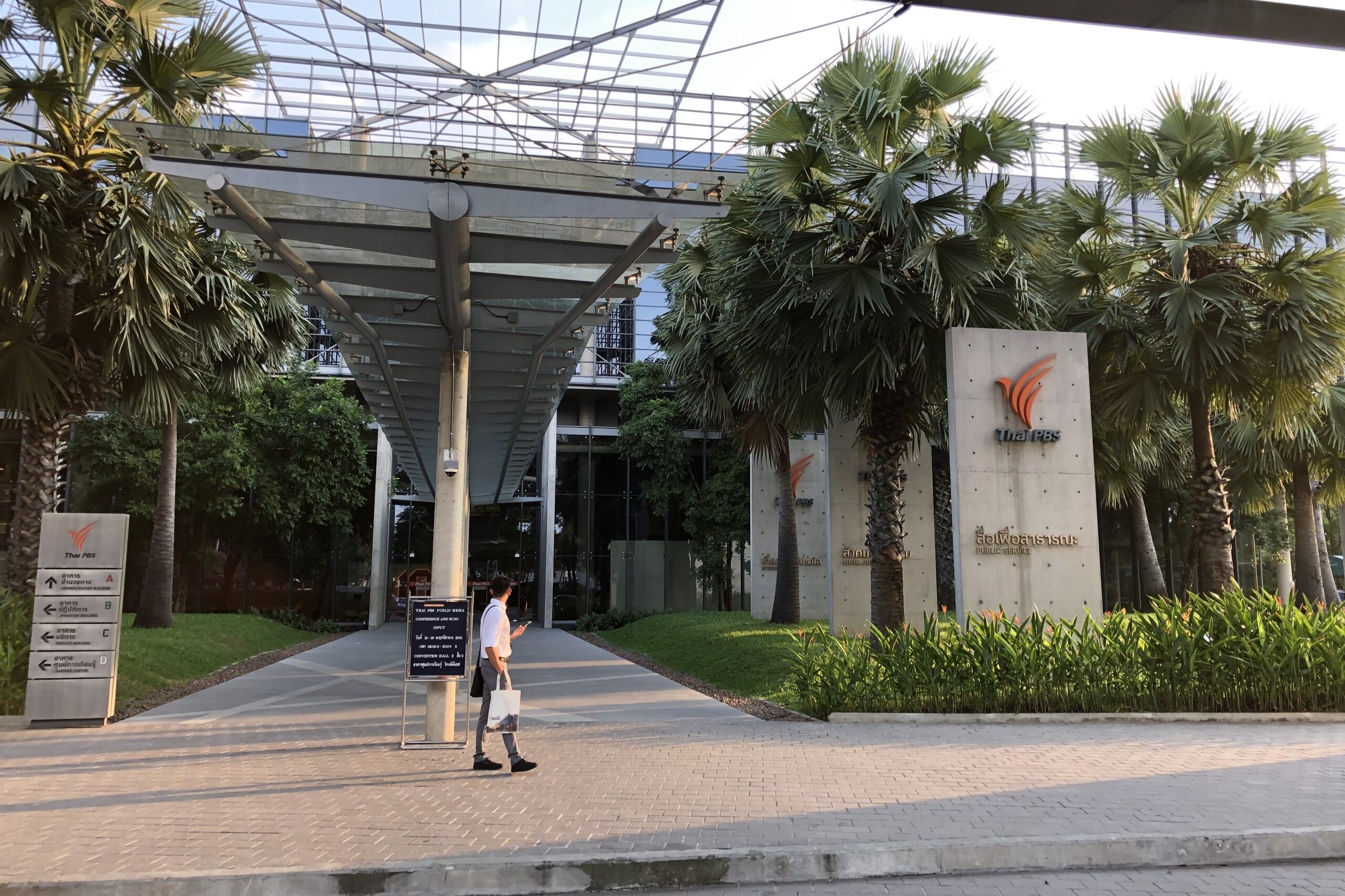INSIGHT
Thai PBS: Above and beyond broadcasting during a pandemic
29 March 2022
Covid-19 profoundly changed everyday life for everyone in Thailand. The public broadcaster, Thai PBS, recognised it had a responsibility to step up.
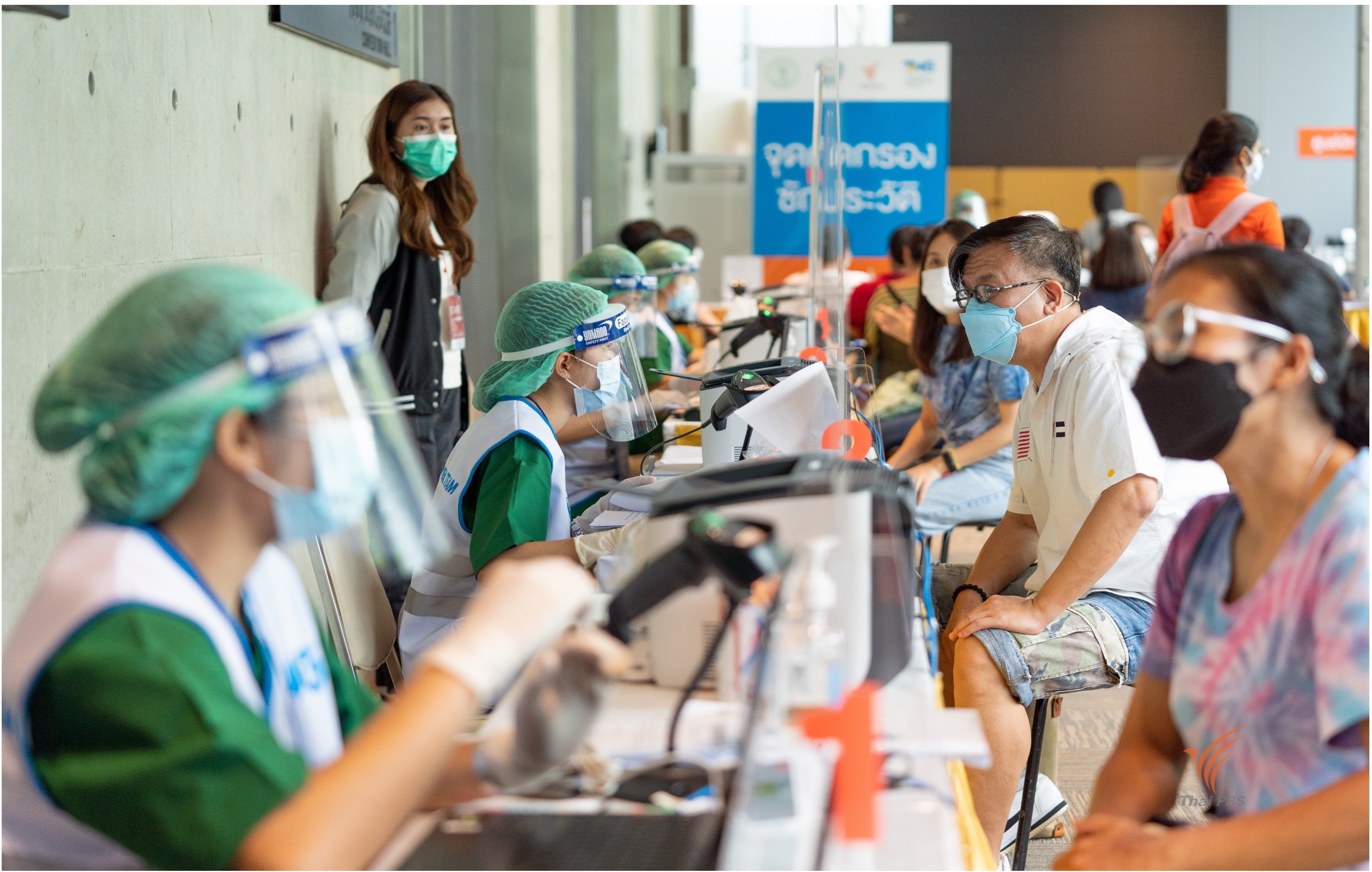
By Ruthai Kritsanapraphan, International Relations at Thai PBS
On January 4 2020, Thai PBS global news reported the uncovering of a deadly new virus found in Wuhan for the first time. Little did we know, this marked the beginning of the world’s new crisis that would change life forever.
As the virus spread globally, Thai PBS set up a “war room” to focus on COVID-19 content communication. The aim was to create awareness and preparedness, be the peoples’ voice reachable to the government and authorities, and build community collaboration through our C-site application, where citizen journalists reported on the development of the virus and cases in their own communities.
By the end of March, the Thai government established a Centre for COVID-19 Situation Administration (CCSA). As the infection rate accelerated in April, CCSA implemented the lockdown policy. But from that point, with unclear measures in place to tackle rising concern, limited sources of reliable information and insufficient medical support, we witnessed one of the biggest panics in Thai society, resulting in shortages of medical supplies, consumer, and commodity goods, among many other things.
Beyond broadcasting
As a public broadcaster, Thai PBS is obligated to be an outlet that the public can trust, especially during times of crisis. But soon it was realised that Thai PBS must step up to play an extra role in public services beyond broadcasting, and work alongside the Thai people during this difficult time.
Thai PBS COVID-19 Emergency Coordination Centre
Thai PBS ‘People Station’, a daily live programme, was dedicated to informing the latest developments and being a forum for audiences to share and raise their concerns with authorities and medical personnel who would be invited as guests to respond to audiences’ live questions every day.
Through the Thai PBS COVID-19 Emergency Coordination Centre, a COVID-19 call centre was established, where Thai PBS employees volunteered to receive calls and help relay the audiences’ problems to relevant authorities. Approximately 5,771 COVID-19 infected persons were successfully transferred to medical facilities through the Thai PBS COVID-19 Emergency Coordination Centre.
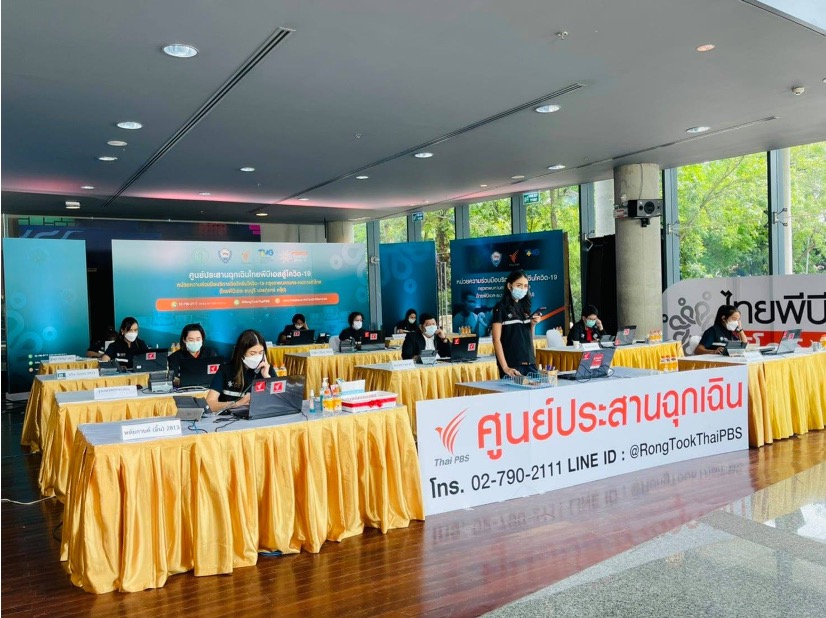
Information For the Disabled & Foreign Workers In Time Of Crisis
During the first round of the pandemic, disabled and foreign workers were among the most vulnerable groups of people due to limited sources of information. Thai PBS implemented full-screen sign language and Burmese translations via the Thai PBS website during the daily press release from CCSA. Thai PBS World took the role in reporting the COVID-19 development in English for foreign tourists and expats living in Thailand.
Samut Sakhon is a province where the Myanmar migrant workers were a large population. When the new cluster erupted there, resulting in a widespread infection among the migrant workers, a special programme was produced daily by ‘Thai PBS World’, available in Burmese language and English to inform migrant workers from Myanmar about the COVID-19 situation. During the broadcasting of the programme, Thai PBS World welcomed inquiries on its Facebook live page where Burmese was used for both questions and answers.
Thai PBS Vaccination Centre and Foundation
In May 2021, Thai PBS turned some of its facilities into a vaccination centre to help fasten the nation’s vaccination process. Thai PBS conference halls were altered and equipped to medical standards for it. Thai PBS staff, working together with the Ministry of Public Health and Thonburi Hospital, volunteered to facilitate the vaccination of more than 70,000 people at the centre. In addition, the Thai PBS Foundation mobilised donations and contributions from the public through the daily live programme ‘People Station’. With the public’s collaboration, food and consumer goods were delivered to support 375 communities in Bangkok and other provinces. Medical supplies and medical equipment were donated to 70 hospitals and health service centres.
ALTV
The government’s lockdown policy badly affected educational learning of Thai students as schools were closed and students had to learn online. Thai PBS opened a new channel ‘ALTV’ (‘Active Learning TV’) to support children’s learning during this crisis. An audience survey indicated that ALTV motivated children in self-learning, supported teachers to adapt and create teaching innovations and helped parents create good learning habits for their children.
One of Thai PBS’ objectives is to be the media that the public can trust during times of crisis. Thai PBS has always been a source of reliable information for the Thai people to prepare themselves in emergency and special circumstances promptly and effectively. During the pandemic, Thai PBS strongly believes that, as a public broadcaster, we stepped up to play an important role for the Thai people beyond broadcasting. The success of Thai PBS on grounds to support Thai communities during their time in need has proven the value of public media today.
Thai PBS are a member of the Public Media Alliance.
Featured image: Thai PBS Foundation delivered food and consumer goods to support communities during the shortage period. Medical supplies and medical equipment were donated to hospitals and health service centers. Credit: Thai PBS
